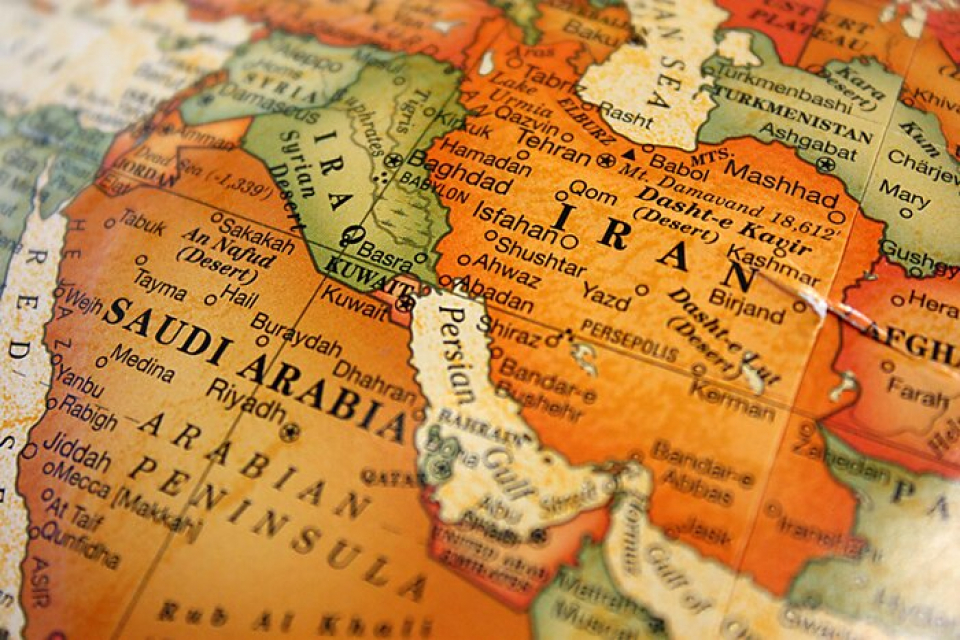By Jon Hoffman
Twenty Democratic senators signed an open letter to President Biden today supporting the administration’s move to help broker normalization between Saudi Arabia and Israel, but also signaling their concerns over providing Saudi Arabia with a formal security guarantee and help developing their civilian nuclear program.
The letter strongly suggests its authors worry that such a deal will not advance US interests and could result in heightened regional tensions or Washington’s further entanglement in the Middle East:
“We are concerned about reports that Saudi Arabia is requesting a security guarantee from the United States in exchange for normalization with Israel. Historically, security guarantees through defense treaties have only been provided to the closest of U.S. allies: democracies that share our interests and our values. Further, the U.S. has long refrained from committing our nation to treaty‐backed security guarantees in the volatile Middle East, a region rife with conflict. A high degree of proof would be required to show that a binding defense treaty with Saudi Arabia – an authoritarian regime which regularly undermines U.S. interests in the region, has a deeply concerning human rights record, and has pursued an aggressive and reckless foreign policy agenda – aligns with U.S. interests, especially if such a commitment requires the U.S. to deploy substantial new permanent resources to the region.”
The letter echoes themes I detail at length in my recent policy analysis, Pariah or Partner? Reevaluating the U.S.-Saudi Relationship. Entering into a mutual security agreement with Saudi Arabia would represent a catastrophic miscalculation. A security guarantee for Saudi Arabia would entrap Washington as Riyadh’s protector despite a fundamental disconnect between the interests and values of the United States and the kingdom. Washington must not pay the costs of normalization while sacrificing its own interests in the process.
Washington’s ongoing support for actors like Saudi Arabia has resulted in a vicious cycle: by committing itself to propping up the underlying sources of regional instability, the United States repeatedly finds itself having to confront challenges that are largely the product of its own presence, policies, and partners in the Middle East.
The United States must decide whether it will continue underwriting actors such as Saudi Arabia and the artificial status quo in the Middle East, or whether it will recognize the failures of its own policies and limit its involvement to a level commensurate with US interests. The United States should approach Saudi Arabia as it would any other state that does not share our interests or our values: from arm’s length.
It is good to see so many senators asking tough questions about the administration’s thinking here. They should keep asking them. More of their colleagues ought to join them.
Source: CATO

















